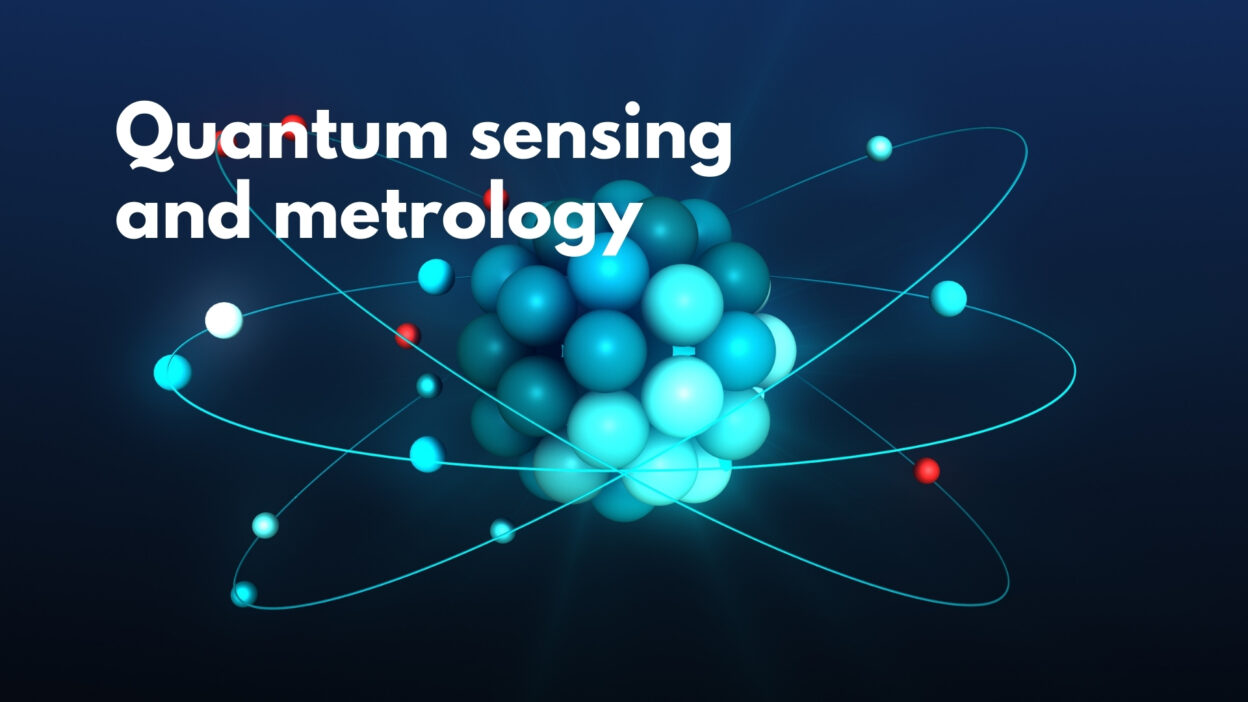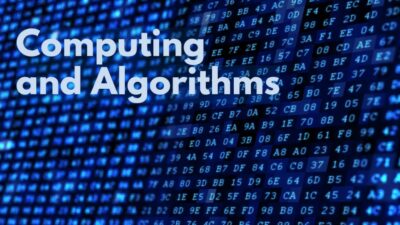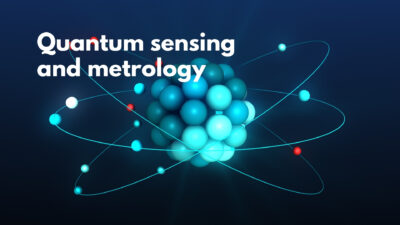NIST researchers have developed a quantum-enhanced flow cytometer that can self-calibrate and achieve unprecedented sensitivity for detecting and counting biological markers. The key innovation is using photon-number resolving detectors to measure the quantum statistics of light emitted by biological samples.
The new cytometer can:
1. Self-calibrate in an absolute way, reaching sensitivity to detect a single biomarker
2. Provide absolute measurement of biomarker concentration
3. Achieve sub-shot noise sensitivity, surpassing current state-of-the-art technologies
4. Enable enumeration of biological targets like antibodies, microRNA, and exosomes at low concentrations
The technique works by diluting unknown samples, acquiring photon number statistics, and fitting measurements to theory to extract initial concentrations. Using pulsed lasers and retaining complete photoelectronic detection data allows temporal separation of signal and noise properties.
This invention has two main implications:
1. Solving the problem of flow cytometer calibration for intercomparison and quantification
2. Enabling optimization of real-time cell-to-cell measurement sensitivity to a single fluorophore level
The method opens up new possibilities for absolute scale enumeration of biological targets in situ and intercomparison between different flow cytometers.
Source: https://www.nist.gov/patents/quantum-enabled-flow-cytometer
Keywords: Photon-number, Quantum, Fluorophore, Metrology, Emitters



